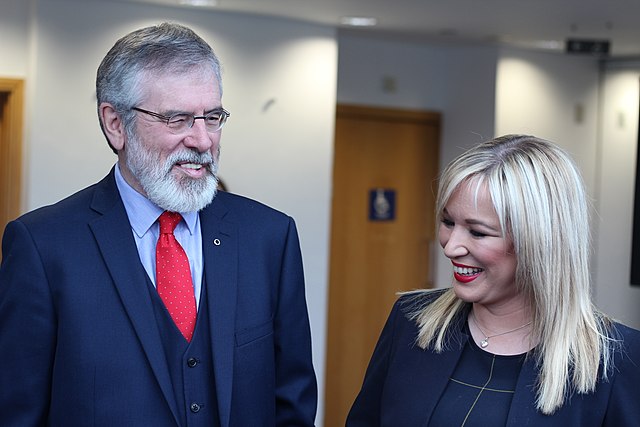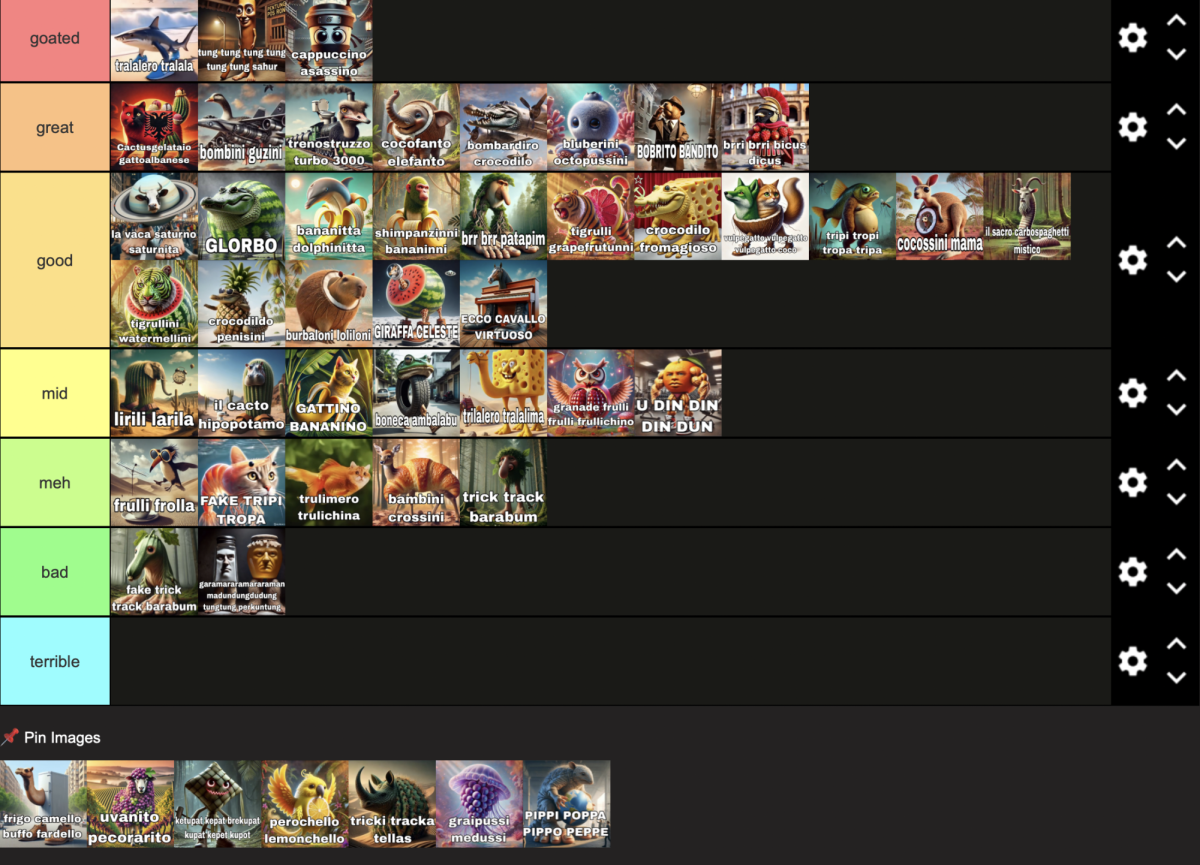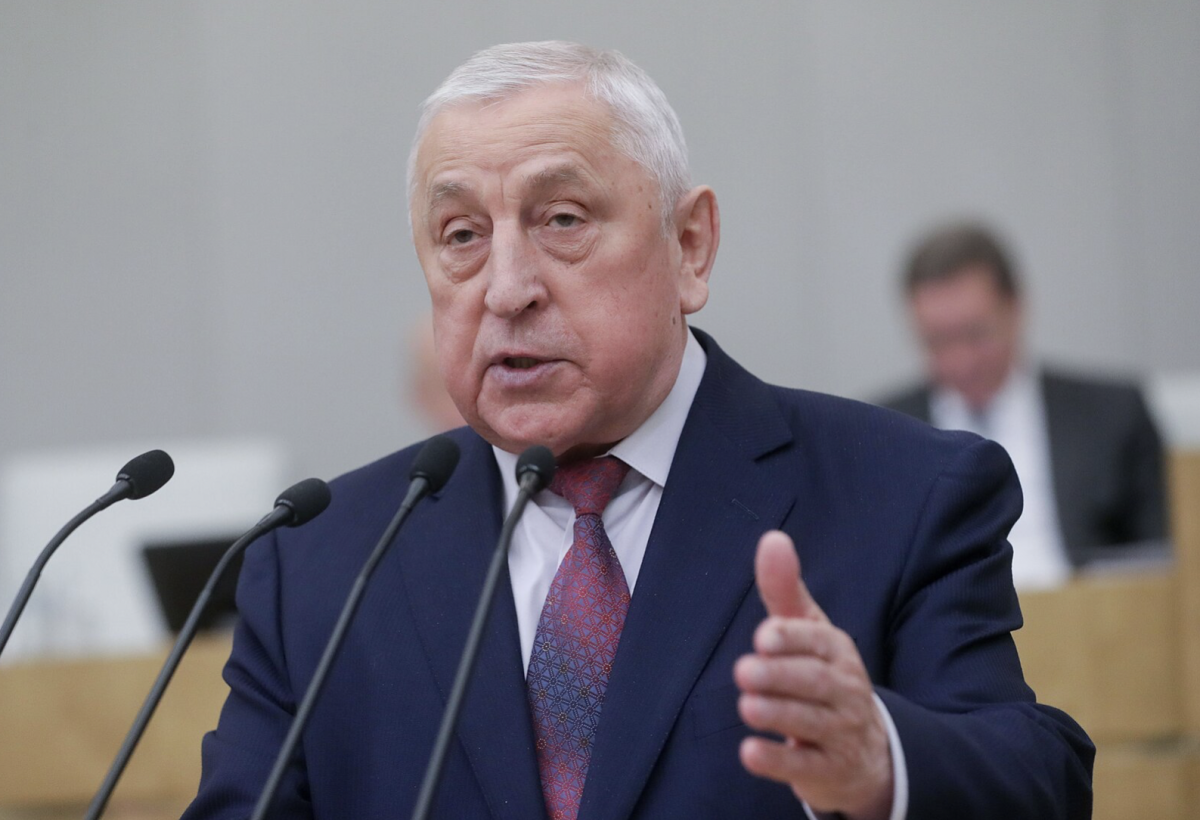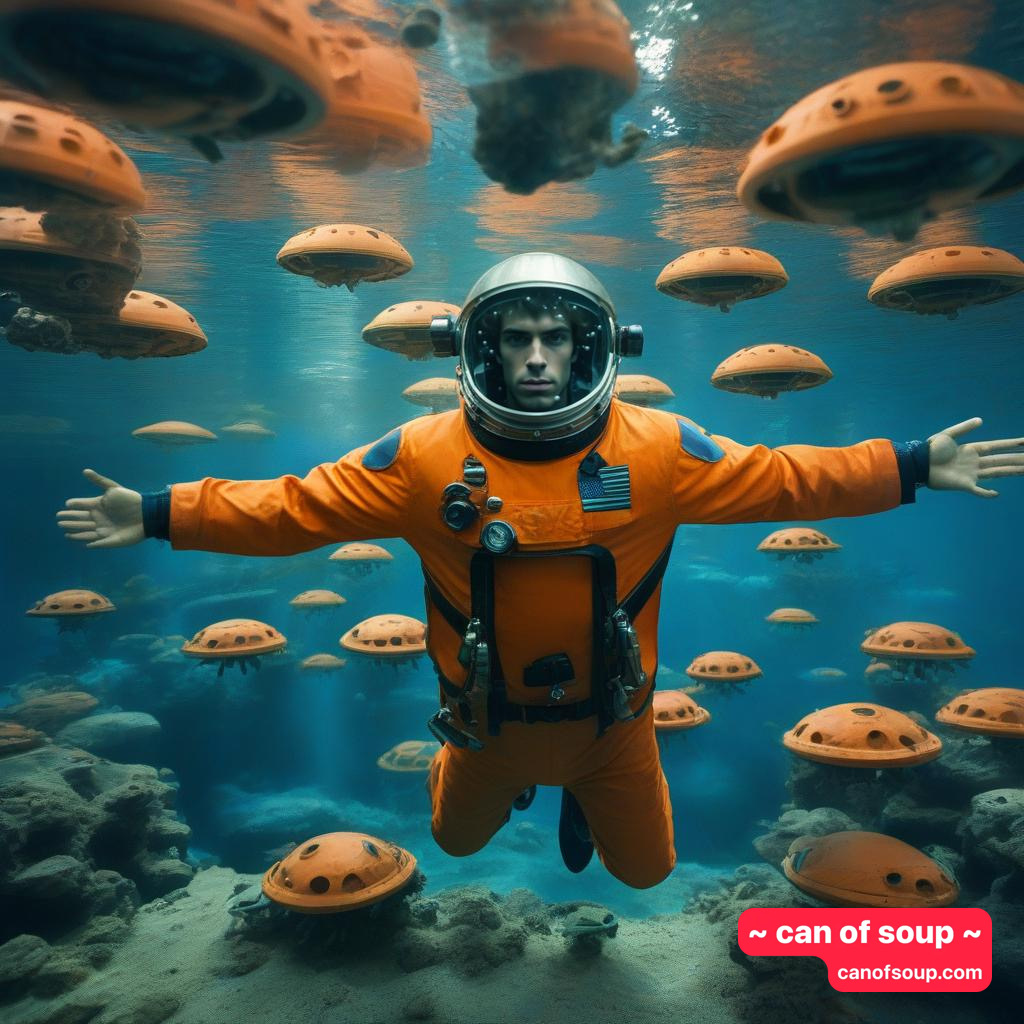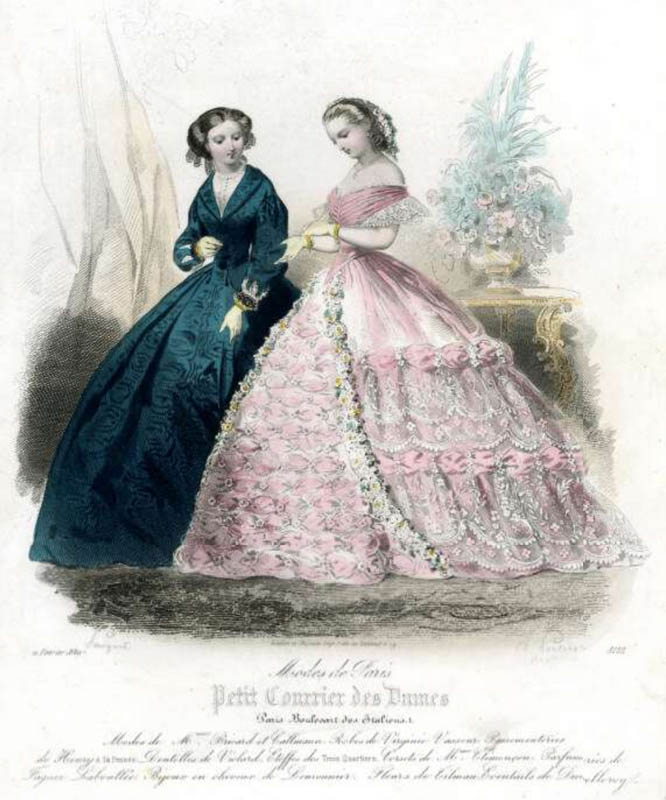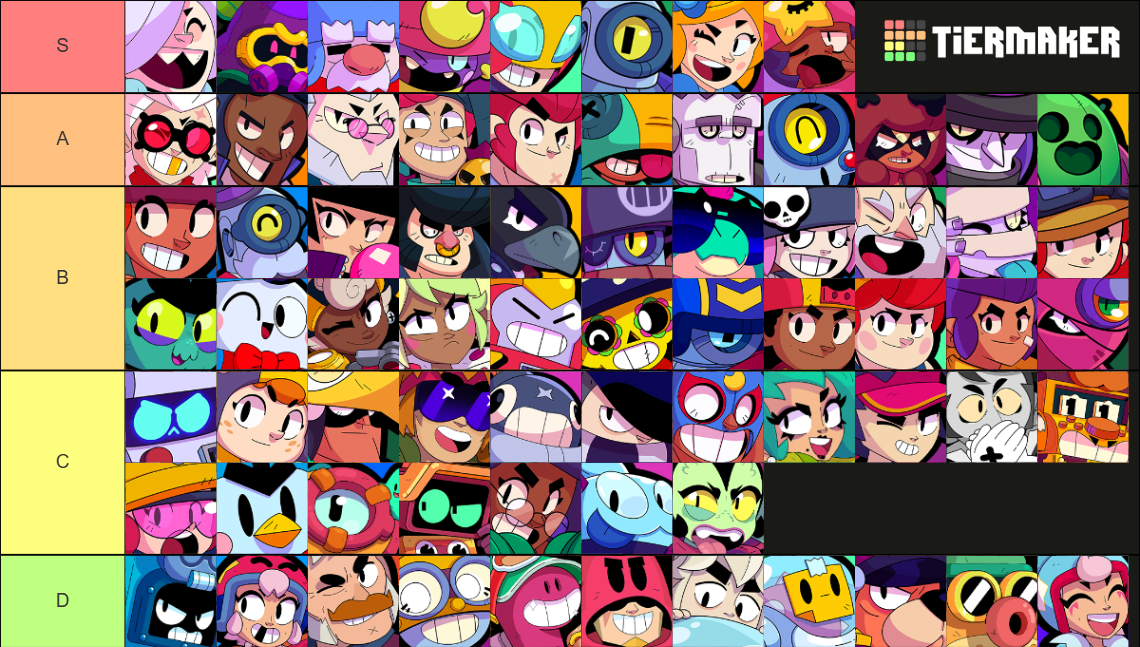On February 3rd, 2024, for the first time in Northern Ireland’s history, a nationalist First Minister was elected. After the Democratic Unionist Party (DUP) upheld the government for almost two years in protest of post-Brexit trade measures, Sinn Fein and their party leader, Michelle O’Neill, will usurp the First Minister spot.
The underlying controversy surrounding this election is Northern Ireland’s place in the Brexit dilemma. While support for Northern Ireland to stay a part of the United Kingdom remains high, the recent Brexit referendum has put a dent into that support. Over two/thirds of poll voters in February 2024 said they would support rejoining the EU. It seems that in the race to get out of the EU, the UK forgot about the most volatile state they hold reign over. With a land border with EU member and longtime sparring partner Ireland, the Northern Irish feared that if the UK didn’t consider their needs and economically benefited from European Union measures. Now, as their alliance with the United Kingdom is strained due to the insistence on leaving the EU and fast, the unionist leadership of Northern Ireland fell into disarray. Sinn Fein, both Ireland and Northern Ireland’s premier nationalist party and the former political wing of the Provisional IRA, like so many times before took advantage of the chaos.
Michelle O’Neill comes from IRA royalty. Her father and uncle both spent time in prison for their ties to the terrorist organization. She worked directly under Martin McGuinness, who was the right hand man to Gerry Adams. Adams was world famous for his role as Sinn Fein figurehead during the Good Friday Agreement, but his ties to the IRA has brought much controversy to the aging leader.
Despite her thick roots in the Irish Republican movement, O’Neill breaks from her party elders. She frequently uses the term “Northern Ireland” instead of the Republican-ized term of “North of Ireland.” She pledged to show respect to the royal family when invited to the coronation of King Charles III. Her stance to not just be a first minister for Irish Catholics, but a minister “for all” has helped smooth out some of the tension surrounding a nationalist holding such a critical spot in a unionist country. This all leads to one major question: What does O’Neill’s election mean for Irish unification?
The short answer is this: Michelle O’Neill’s election is significant for Irish Unification. Why? While many of her policy concerns involve topics like health care reform, lowering housing costs on families, and education reform, topic one on the agenda will always be unification. O’Neill believes that a referendum for unification could be possible in the next decade. Young people supported Irish unification. 18-24 year olds voted 43% in favor of unification, with 34% opposing. 25-44 year olds are even more likely to support unification, with a 42% clique in support and 29% against. Generation change shows a slow build towards support for unification.
As mentioned before, the Brexit question also shifted momentum for the unification movement. Northern Irish voters, nationalist and unionist alike, feel scorned by the UK. Both nations, Irish and Northern Ireland, don’t want to see a hard border reestablished, harkening back to the pre-Good Friday Agreement years. They want prosperity and peace through trade. Brexit’s haste may have created cracks in that fragile peace.
Regardless of what happens, O’Neill’s rise to First Minister is nonetheless a historic moment in the long, violent history of Ireland and Northern Ireland. Her gestures of peace may bring stability to the unstable, reconciliation to an area of the world where families died for their ethnic identity to be recognized. More importantly, it may bring about the unification of the divided emerald isle, ending centuries of turmoil.

